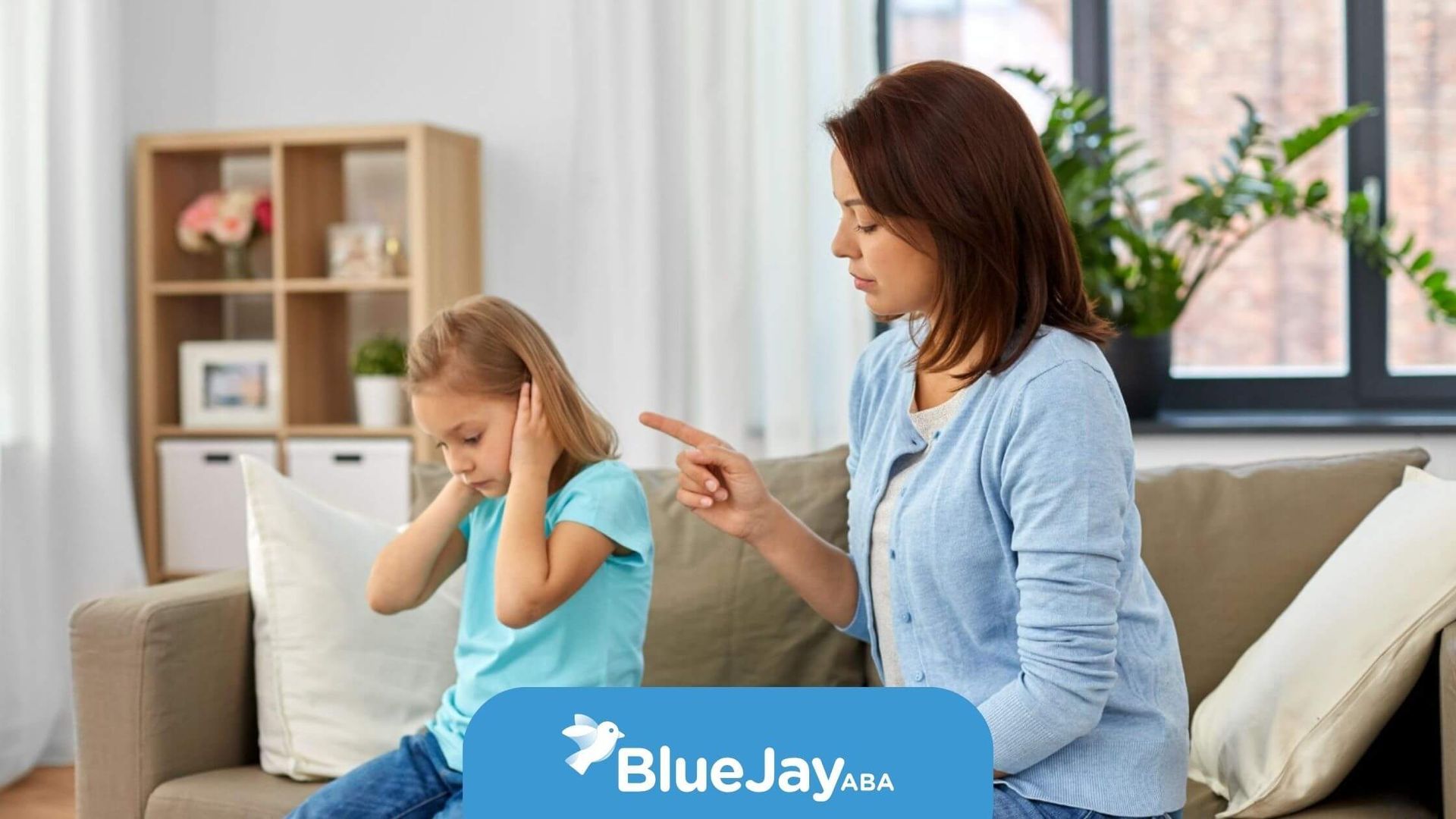Can Level 1 Autism Live Alone?
Yes, many individuals with Level 1 Autism Spectrum Disorder (ASD), sometimes referred to as “mild autism,” can live alone successfully. Level 1 autism means a person may need some support with social interactions or daily routines, but often has the skills to manage independence. With the right preparation, many are fully capable of living on their own.
Challenges may include organizing tasks, managing finances, or handling unexpected changes. However, strengths like attention to detail, strong interests, and self-reliance often support independent living. Some individuals may also benefit from assistive tools, community resources, or occasional support from family or professionals.
ABA therapy can help by teaching practical life skills such as cooking, cleaning, budgeting, and self-care. It also builds social and problem-solving skills, which are key to thriving independently.
At Blue Jay ABA, we believe in empowering individuals with autism to live meaningful, confident lives. Our personalized in-home ABA therapy across North Carolina equips children and young adults with the skills they need to grow toward independence.
Want to prepare your child for a confident future? Contact us today to get started.
SOURCES:
https://www.webmd.com/brain/autism/high-functioning-autism
https://www.autismawareness.com.au/aupdate/autism-and-independent-living
https://my.clevelandclinic.org/health/articles/autism
https://www.urmc.rochester.edu/encyclopedia/content?contenttypeid=160&contentid=46
Related Posts





